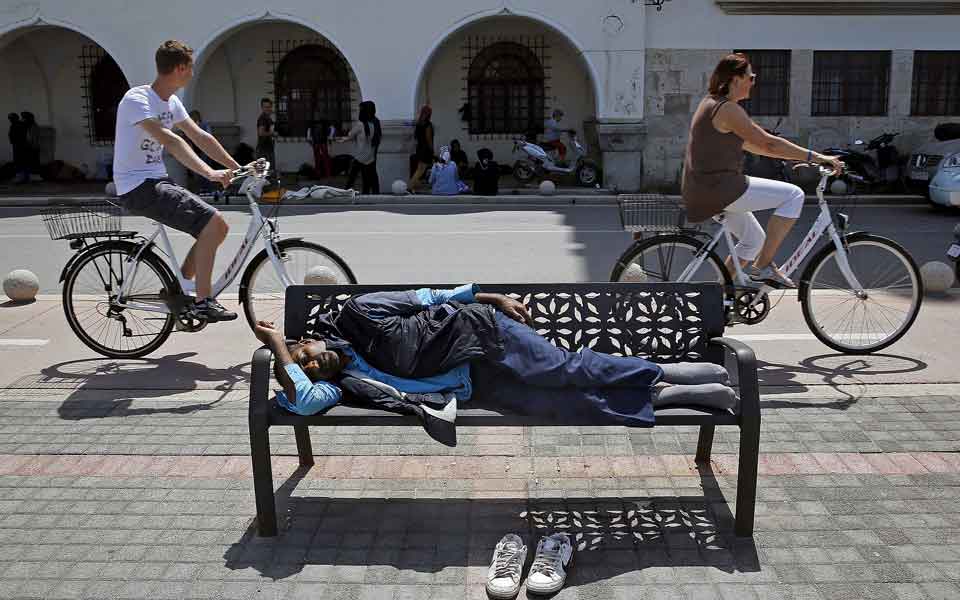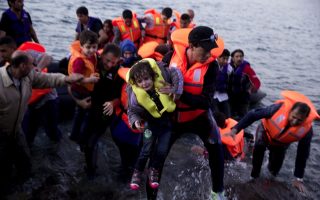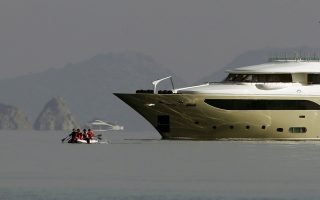Hoteliers ask for refugee plan to consider impact on tourism

Greece’s failure in dealing with the challenge of the migrant and refugee crisis constitutes the biggest threat to the country’s tourism, as the government appears unable to address and plan for the needs of the sector that brings in the biggest portion of incoming foreign currency.
This inability to manage the country’s tourism image in international markets in relation to the migration crisis became evident in the current tourism season, as it was the main reason for a drop in arrivals and revenues recorded in the first half of the year. Were it not for the threat of terrorism in neighboring countries in the Mediterranean that diverted part of the tourism flow to Greece, local tourism might have remained in negative territory in the second half, instead of showing an apparent recovery.
The president of the Association of Hellenic Tourism Enterprises, Andreas Andreadis, believes that the decision to distribute migrant processing centers, or hot spots, across the country without first considering the peculiarities of tourism demand is a grave mistake.
He puts forward a proposal whereby Greece would be separated into three zones: islands that receive the biggest inflows and already have hot spots (which, he notes, are not being used for the purposes intended), islands that have an internationally recognized tourism identity such as Crete, Rhodes, Myconos, Corfu etc, and parts of the country that are sparsely populated and have no tourism traffic and demand. He suggests that the hot spots be created in the third zone, arguing that a migrant reception center on an island such as Rhodes could easily generate negative publicity over any unfortunate incident that would not just harm the particular island – as was the case this summer with Kos – but the entire country.
Already on Crete there is strong opposition from local authorities and hoteliers’ associations to government plans to relocate 2,000 migrants there, while on Kos the local authority is worried about fresh losses in tourism due to a recent spike in migrant inflows. Foreign tour operators are monitoring migration developments in Greece closely and draft their business plans accordingly.
The very negative picture of the first few months of the year, moreover, is reflected in the latest report by the World Travel and Tourism Council (WTTC). It showed that according to the figures available on foreign arrivals, the only countries to have seen a decline among the list of 25 European countries were Greece, Turkey, France and Switzerland. Greece also recorded the third biggest drop in tourism revenues among 23 states, trailing only Russia and Turkey.





